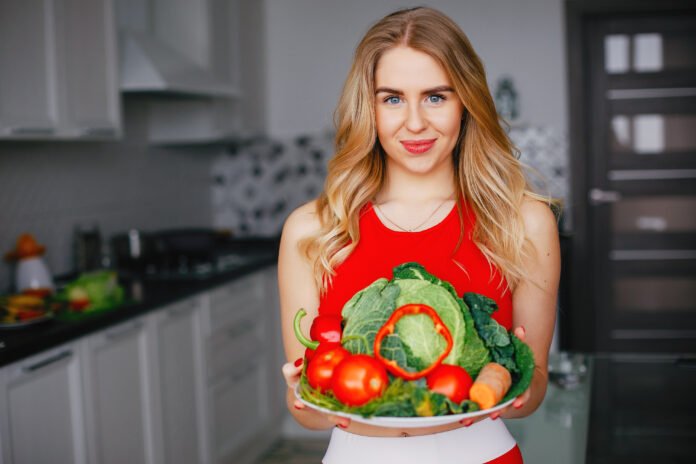In a world saturated with diet trends, superfoods, and confusing health claims, understanding what truly qualifies as “healthy food” is more important than ever, especially for women. Women have unique nutritional needs that evolve throughout their lives, influenced by factors like menstruation, pregnancy, menopause, and aging. So what exactly does “healthy food” mean in the context of women’s nutrition?
The Foundations of Healthy Eating
At its core, healthy food is about more than just calories or carbs. It’s about nourishing your body with a balance of nutrients that support your physical and mental well-being. Here’s what that looks like:
1. Whole, Minimally Processed Foods
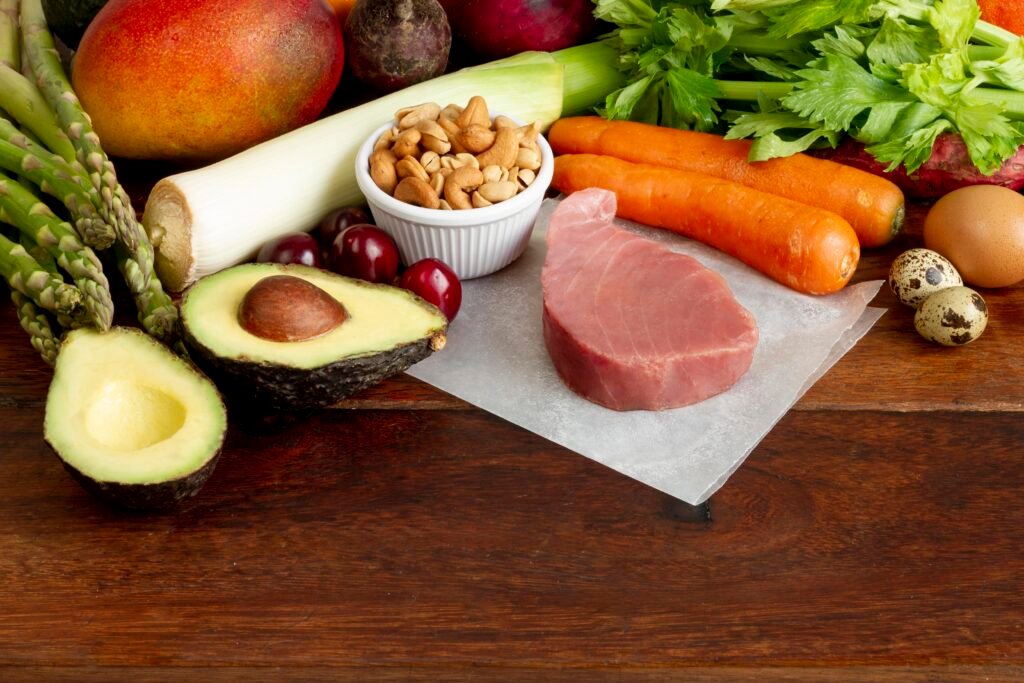
Whole foods—like fruits, vegetables, whole grains, legumes, nuts, and seeds—are rich in essential vitamins, minerals, fiber, and antioxidants. These foods help reduce inflammation, support heart health, and improve digestion.
Examples:
- Fresh spinach instead of canned creamed spinach
- Brown rice or quinoa instead of instant flavored rice
- Whole fruit instead of fruit juice or sugary snacks
2. Lean Proteins
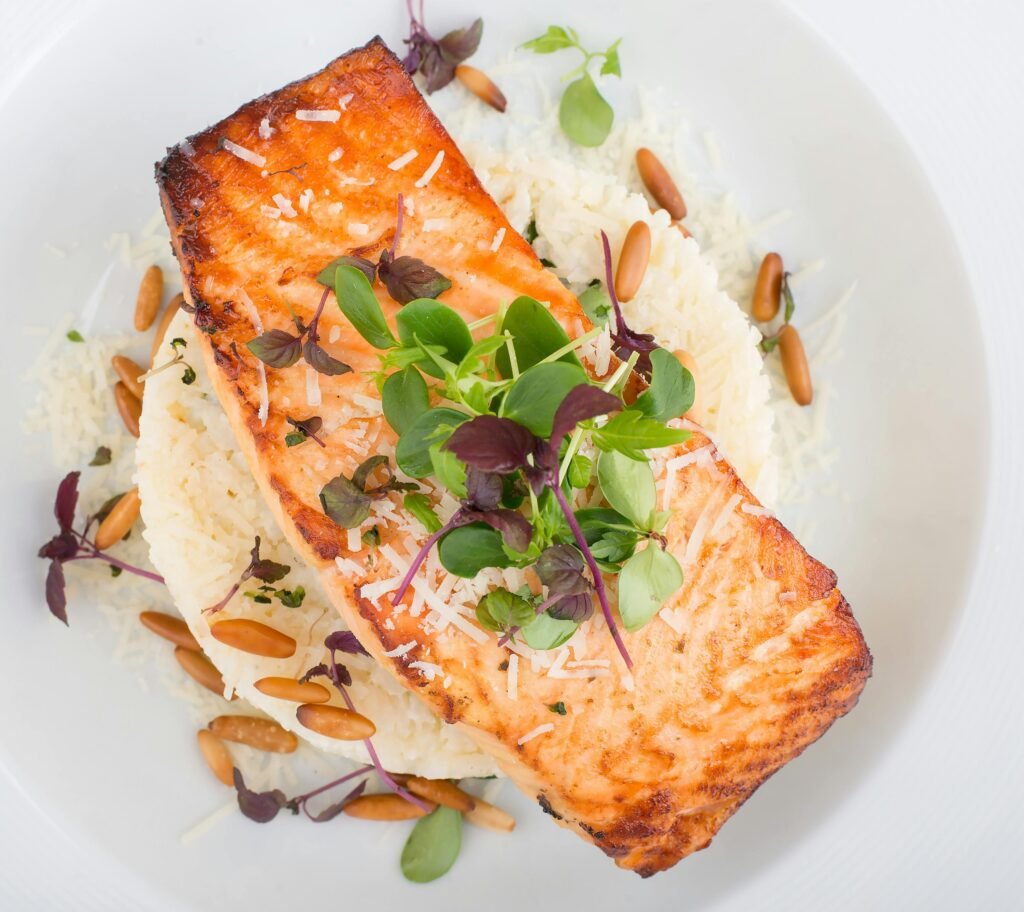
Protein is vital for maintaining muscle mass, hormone balance, and tissue repair. Women, especially as they age or during pregnancy, need adequate protein.
Healthy sources include:
- Chicken, turkey, and lean beef
- Fish (like salmon, rich in omega-3s)
- Eggs
- Tofu and tempeh
- Legumes (lentils, chickpeas, black beans)
3. Healthy Fats
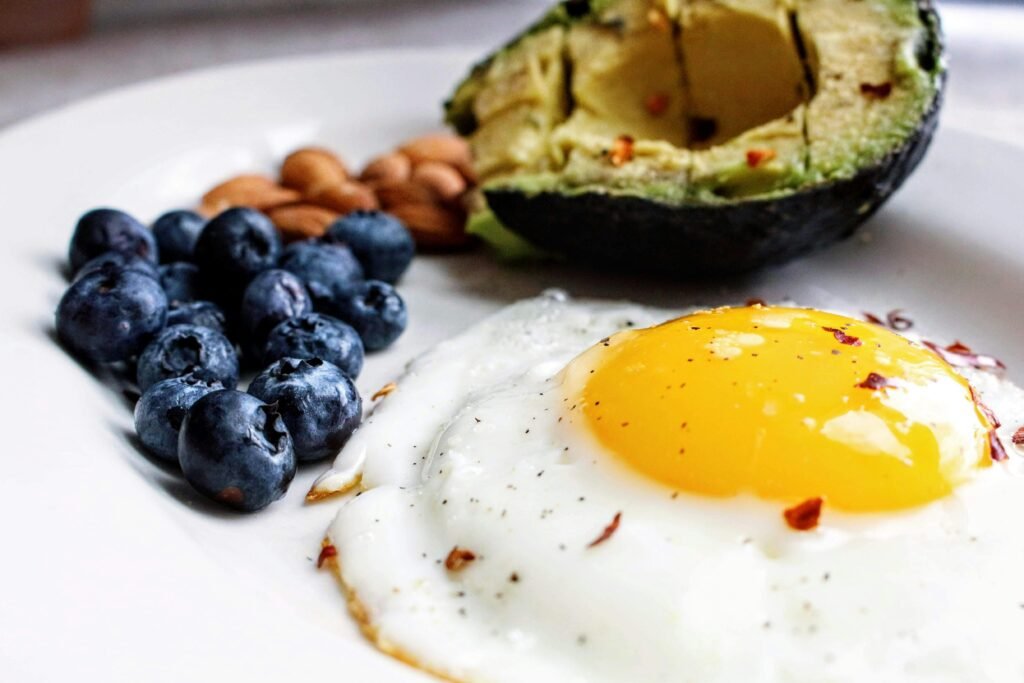
Not all fats are bad! Healthy fats support hormone production, brain health, and the absorption of fat-soluble vitamins (A, D, E, and K).
Best choices:
- Avocados
- Olive oil
- Nuts and seeds
- Fatty fish (like mackerel and sardines)
- Nut butters (in moderation)
4. Complex Carbohydrates
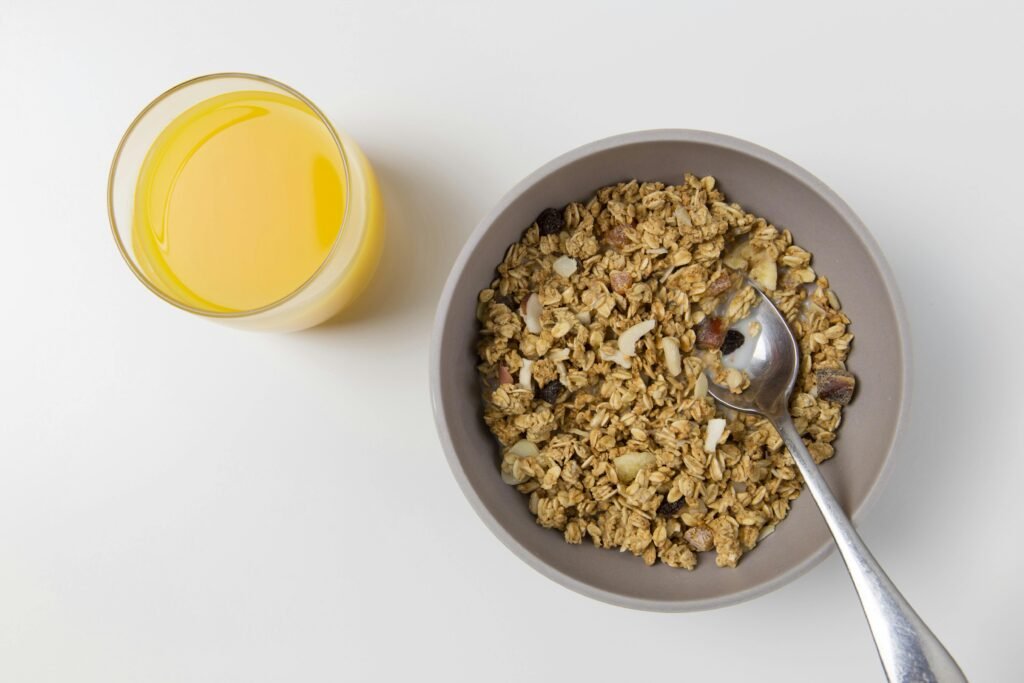
Carbs are often villainized, but they’re a key energy source, especially for women with active lifestyles or during pregnancy. The key is to choose complex, fiber-rich carbohydrates.
Try these:
- Sweet potatoes
- Oats
- Whole wheat bread and pasta
- Barley
- Beans and legumes
5. Essential Micronutrients for Women
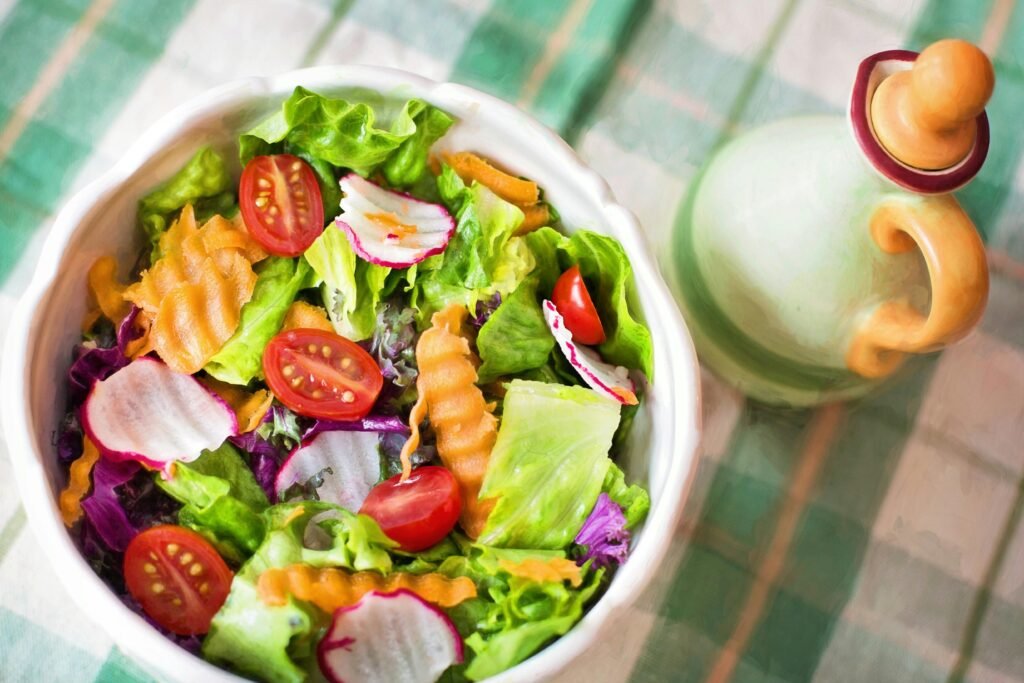
Women are more prone to certain nutrient deficiencies. Focus on getting:
- Iron: Important during menstruation. Found in red meat, spinach, and legumes.
- Calcium & Vitamin D: Crucial for bone health, especially post-menopause.
- Folate (Vitamin B9): Essential before and during pregnancy. Found in leafy greens, citrus, and fortified cereals.
- Magnesium: Supports mood, muscle, and nerve function.
- Omega-3 Fatty Acids: Help reduce inflammation and support brain health.
Lifestyle Matters Too
Healthy eating isn’t just about what’s on your plate. It’s also about how and when you eat:
- Eat mindfully. Avoid distractions while eating; focus on your body’s hunger and fullness cues.
- Stay hydrated. Water supports digestion, skin health, and energy levels.
- Balance and variety. No single food provides all nutrients. Mix it up to ensure you’re covering your nutritional bases.
- Avoid extremes. Extreme diets often do more harm than good. Sustainable habits are more effective in the long run.
Tailoring Nutrition to Life Stages
Every stage of a woman’s life requires different nutrition strategies:
- Teens & Young Adults: Focus on building healthy habits and supporting menstrual health.
- Pregnancy & Breastfeeding: Increase intake of folate, iron, protein, and healthy fats.
- Menopause & Beyond: Prioritize bone-supporting nutrients and heart-healthy foods.
Final Thoughts: “Healthy” Isn’t One-Size-Fits-All
What’s healthy for one woman might not be right for another. Your personal health history, lifestyle, activity level, and preferences matter. The goal isn’t perfection—it’s nourishment, balance, and feeling good in your body.
If you’re ever unsure, consider working with a registered dietitian who can help tailor your nutrition plan to your unique needs.
